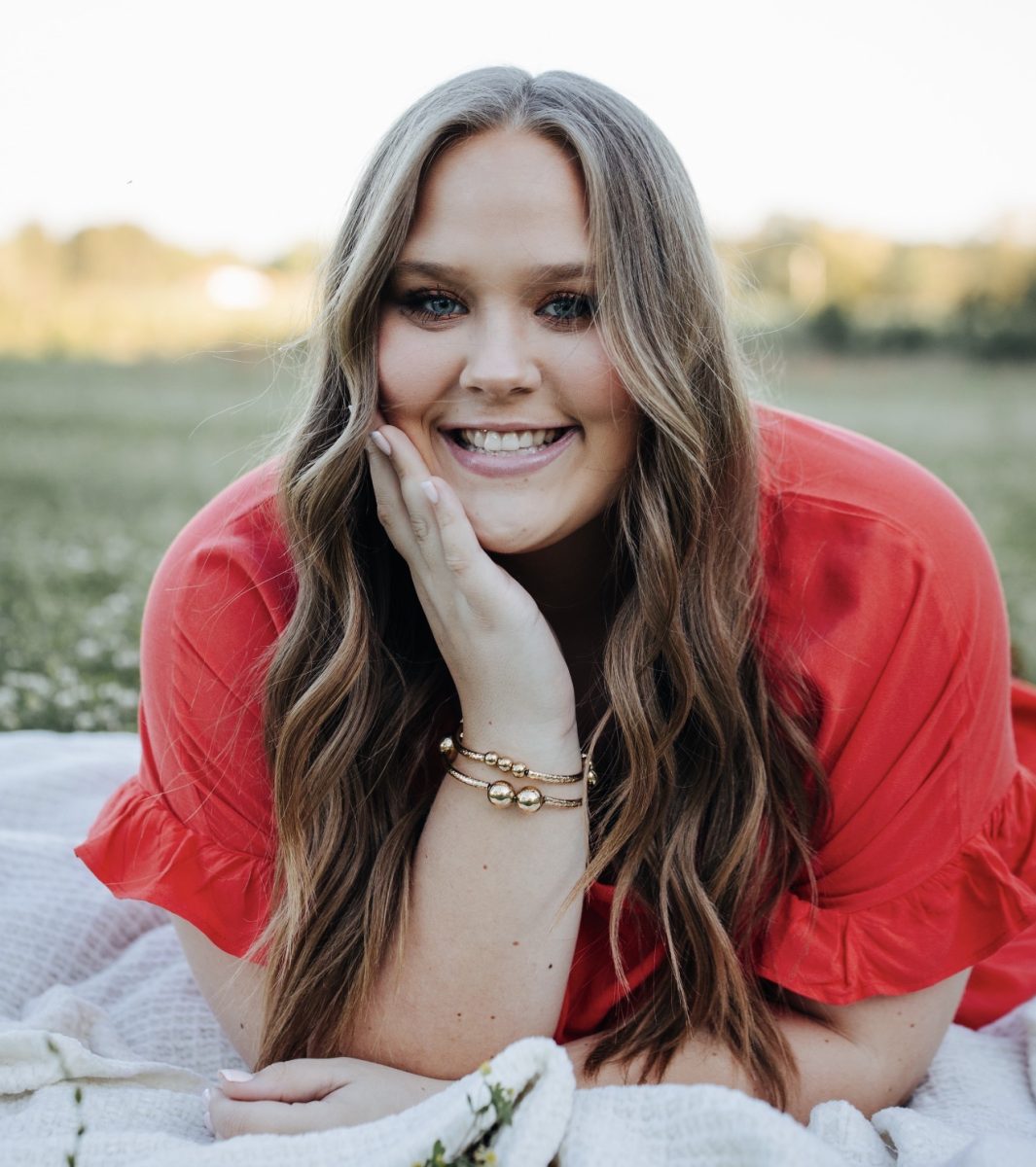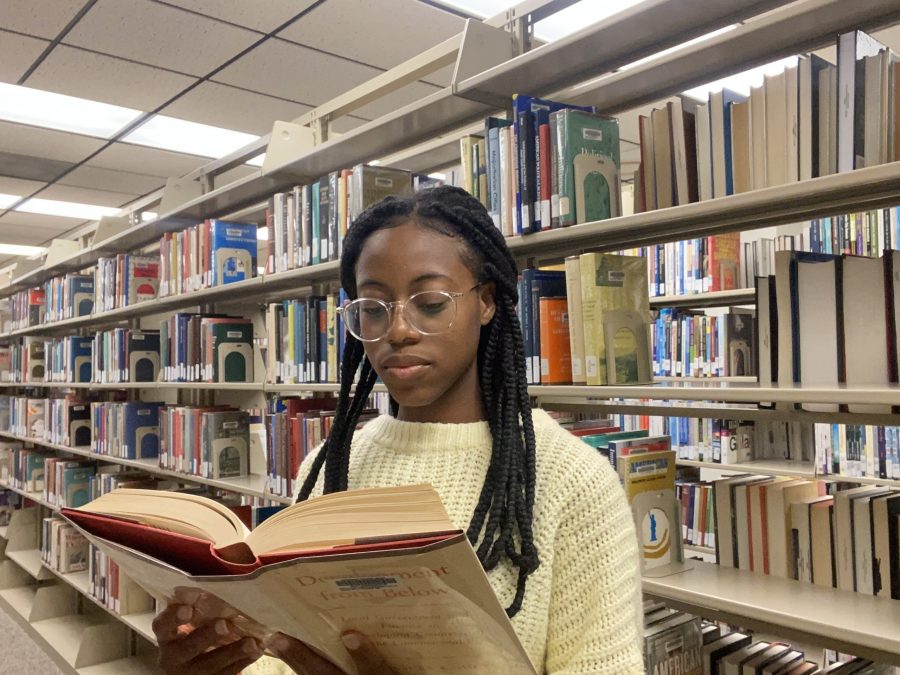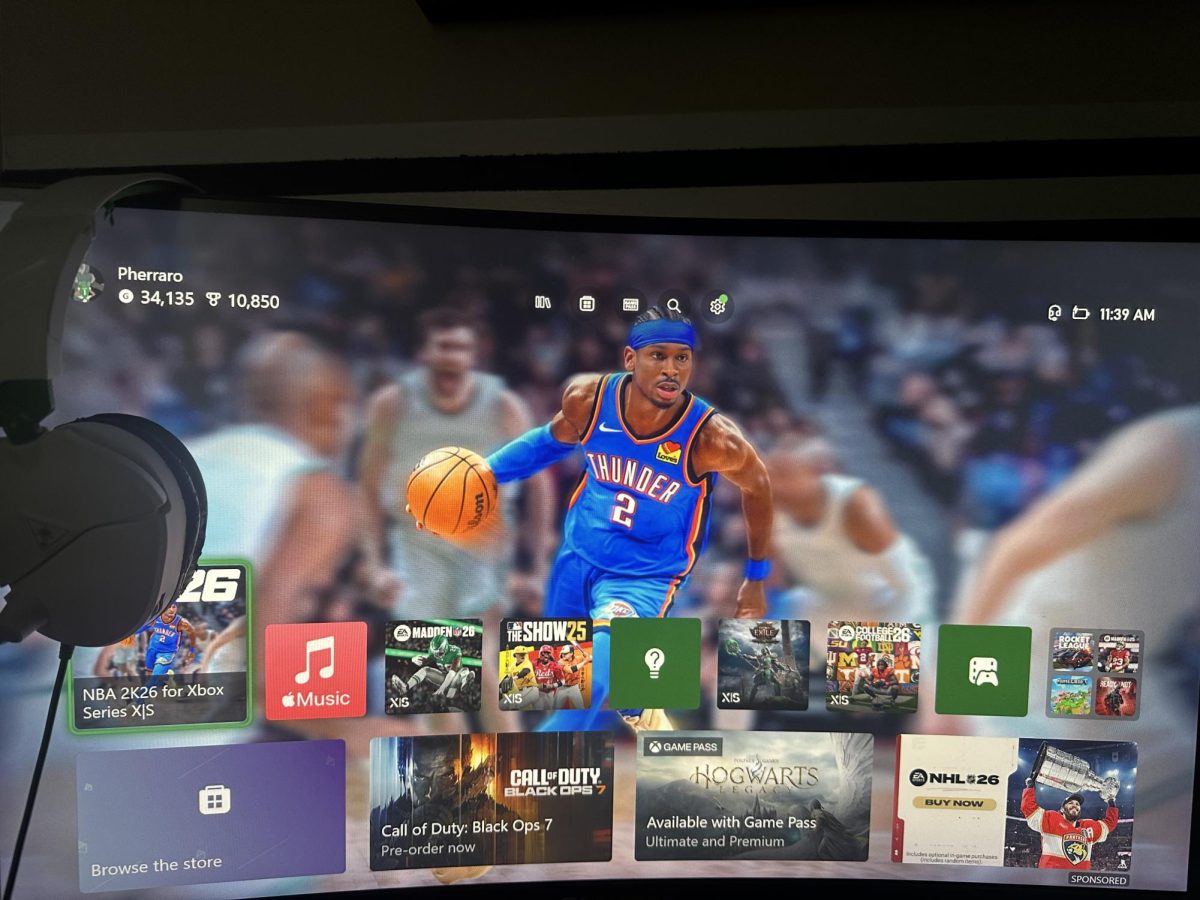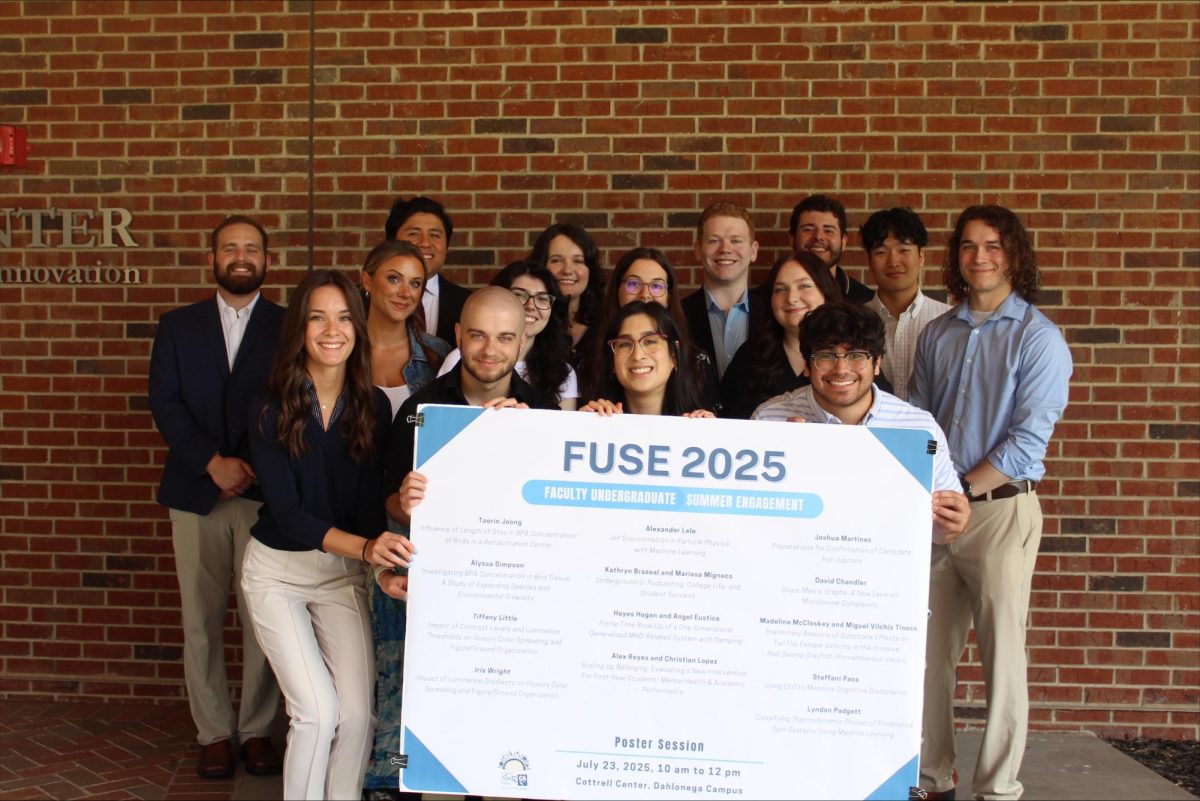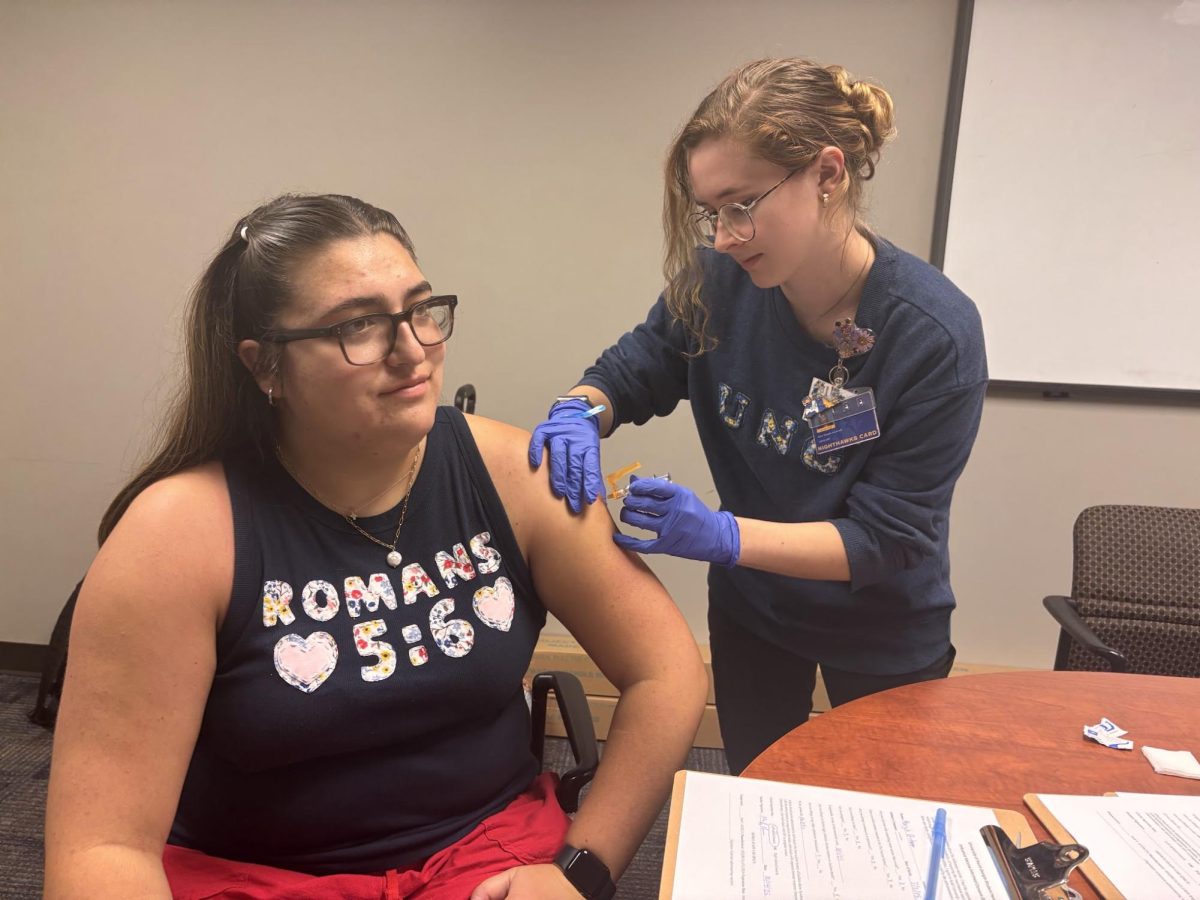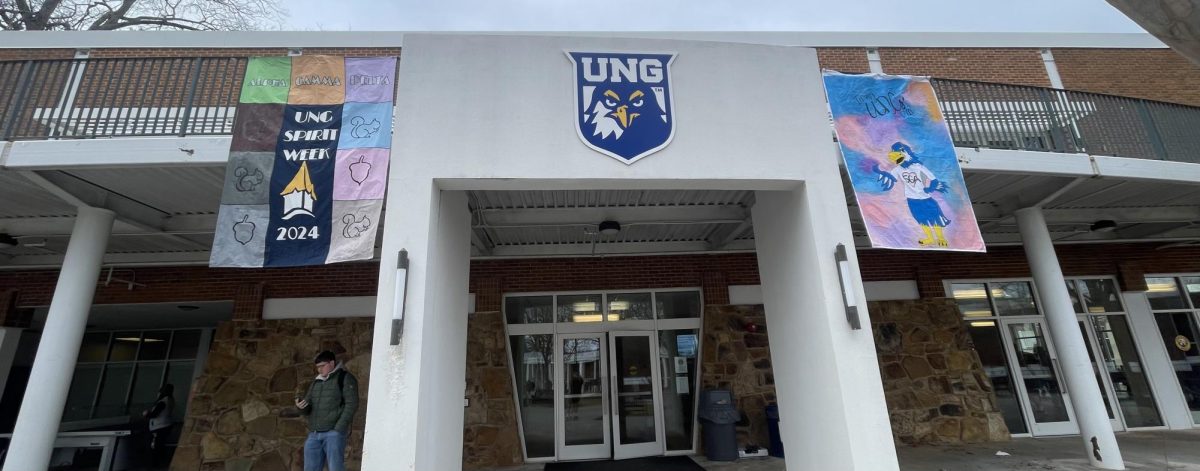Reading levels among adults in the U.S. are decreasing, with 54% reading below a sixth grade level.
The Program for the International Assessment of Adult Competencies decided to do a survey on the reading levels of 12,330 adults between the ages of 16 to 74. They managed to get a representative from every U.S. state and county. The survey went on from 2012 to 2017. According to the survey by PIAAC, results from 2012, 2014, and 2017, showed that 264 out of 500 was the average score in the U.S. literacy level.
Many community book fairs have started in order to increase literacy rates of children, as well as adults. Books for Keeps is a nonprofit organization that annually has community book fairs, where people of all ages are able to collect as many books as they want for free.
Organizations like Books for Keeps have noticed the decline in literacy levels and started what they call a “literacy intervention.” Kids’ reading levels tend to fall back in elementary school, causing many adults to read below a 6th grade level. Kids who are not on par with their peers’ reading levels tend to fall further and further behind.
“ Kids who grow up around readers and with homes that have books, parent age books or kid age books, are more likely to be comfortable and see themselves as readers. [They] have better literacy rates as they grow up.” Rainey Lynch, BFK Director of Finance and Administration
One common time when children fall behind is known as “summer slide.” This is when kids who don’t have access to books over the summer tend to fall behind their peers by the time school resumes. To curb this, Books for Keeps goes into schools and give away books to elementary school students to help stay on track.
Other programs they offer include the PreK Book Bundle program that serves around 400 kids, and a Flagship Program. Recently, they began the Literacy Mentorship program that continues to help kids throughout Georgia. They are currently reaching over 9,400 kids in the region. Lynch said that she has noticed the kids involved in the program don’t fall behind during the summer and their literacy level builds.
UNG Journalism Professor, Samantha Peko, said, “Students are juggling a lot of things and don’t want to take the time to sit down and read. Many of my students work and some have families. More students might be reached if the reading is accessible on a mobile device since they use it, but there’s so much out there. It’s easy to just read a part of an article and then move to something else.”
As students go into higher education, they read less for pleasure and more because they are required to. More organizations continue to develop programs to encourage students to read for pleasure to raise their literacy levels.










